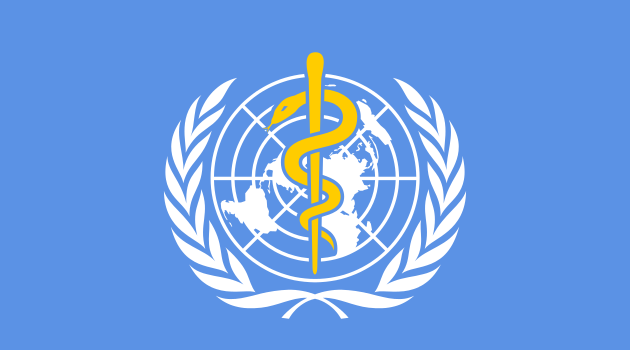Libya Conducts Service Availability and Readiness Assessment Survey
In order to assess the readiness of Libya’s health sector to deliver health care to the population, a service availability and readiness assessment was conducted in 2016, the results of which can be used to measure progress in health system strengthening over time on the availability and provision of health services and programmes.
Libya’s health system has been severely impacted since the start of the conflict in 2011 and at a time when humanitarian needs are great a strong and functional health system is of paramount importance.
The results of the assessment indicate that in general basic and specialized services are available in the whole of the country, with an appropriate density in terms of the number of health facilities, maternity beds and core health workers. Yet, due to current challenges, 17% hospitals and 20.1% of primary health care centres are closed.
There is also an imbalance of human resources and shortage of specialized staff across the country. The readiness of public hospitals needs improvement, and guidelines and standard operating procedures for each specific and specialized service need to be developed, in addition to capacity building of individuals and institutions.
Before the start of the conflict in 2011, health indicators in Libya were good when compared with other countries of the Region. Libya has been polio free for decades and successfully completed the switch from trivalent OPV (tOPV) to bivalent OPV (bOPV), removing the type 2 component (OPV2) from immunization programmes. Measles is in elimination phase; and even during the crisis country has not faced any major outbreak.
The first service availability and readiness assessment survey in Libya was conducted in 2012. The current survey was conducted as a census covering all 1656 public health facilities. It represents a collaborative effort between WHO and the Ministry of Health, supported by European Civil Protection and Humanitarian Aid Operations.
(Source: WHO)





